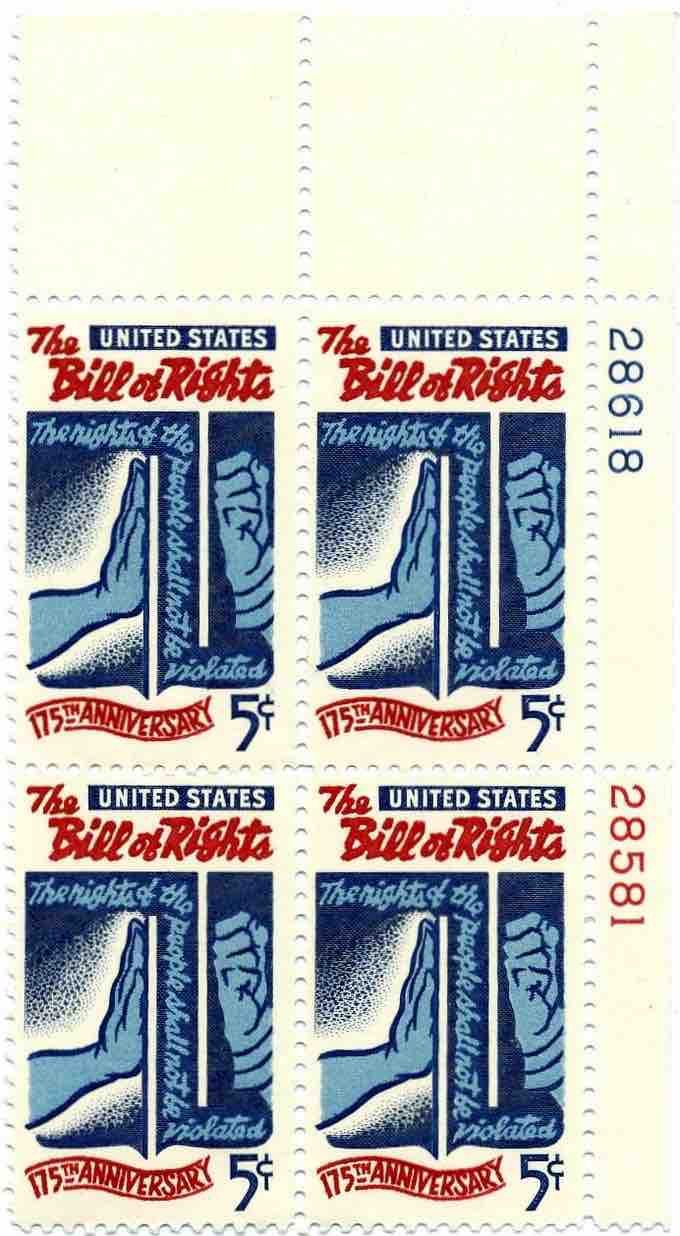Background
The Fourth Amendment (Amendment IV) to the United States Constitution is the part of the Bill of Rights ([fig:9477]]) guarding against unreasonable searches and seizures, as well as requiring any warrant to be judicially sanctioned and supported by probable cause. It was adopted as a response to the abuse of the writ of assistance (a type of general search warrant) in the American Revolution. The amendment also states that a search or seizure should be limited in scope according to specific information supplied by law enforcement to the issuing court. The Fourth Amendment applies to the states by way of the Due Process Clause of the Fourteenth Amendment.
The text of the Fourth Amendment states the following: "The right of the people to be secure in their persons, houses, papers, and effects, against unreasonable searches and seizures, shall not be violated, and no Warrants shall issue, but upon probable cause, supported by Oath or affirmation, and particularly describing the place to be searched, and the persons or things to be seized. "
For instance, the owner of the property in question may consent to the search. The consent must be voluntary, but there is no clear method of determining this; rather, a court will consider the "totality of the circumstances" in assessing whether consent was voluntary. Police officers are not required to advise a suspect that he/she may refuse the search. There are also some circumstances in which a third party who has equal control, or common authority, over the property may consent to a search.
When an individual does not possess a "reasonable expectation of privacy" that society is willing to acknowledge in a particular piece of property, any interference by the government with regard to that property is not considered a search subject to the Fourth Amendment, and a warrant is never required. For example, courts have found that a person does not possess a reasonable expectation of privacy in information transferred to a third party, such as writing on the outside of an envelope sent through the mail or left for pick-up in an area where others might view it. While that does not mean that the person has no reasonable expectation of privacy in the contents of that envelope, courts have held that one does not possess a reasonable expectation of privacy that society is willing to acknowledge in the contents of garbage left outside the curtilage of a home.

Bill of Rights
175th anniversary of the Bill of Rights commemorated on 1966 US postage stamp Plate block of four.